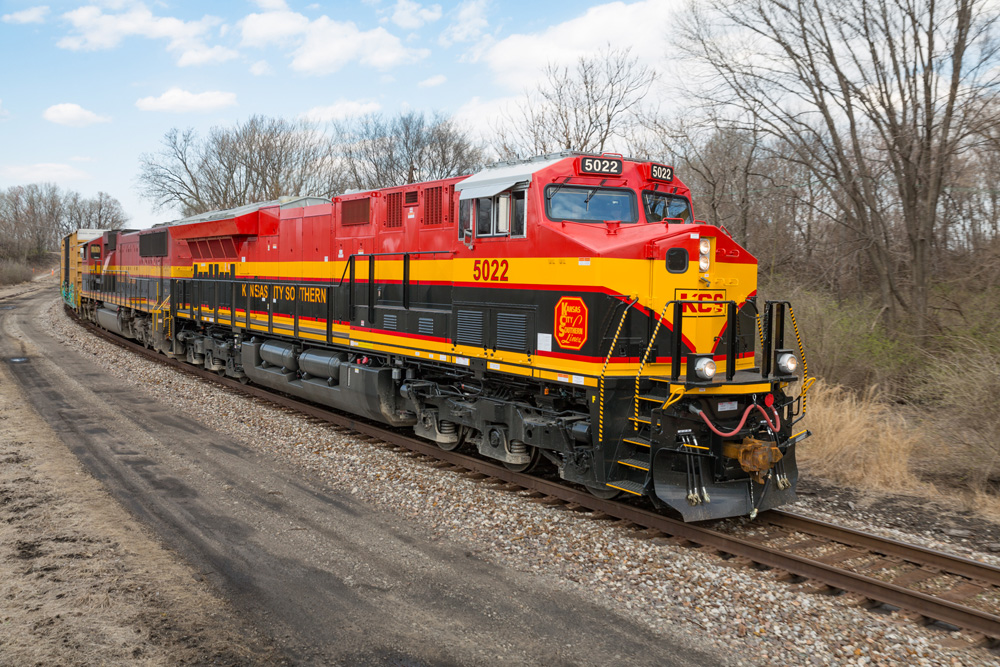Beyond their critical support for a railroad system comprising more than 1.6 million railcars, 38,000 locomotives, and 140,000 miles of track, the railway supply industry is also essential to the national economy—generating value, stimulating jobs, and paying taxes. The economic contribution of the railway supply industry in 2017 amounted to more than $74.2 billion in gross domestic product (GDP) and they paid $16.9 billion in taxes to local, state and federal governments.
Workers in the industry are highly productive and well paid with annual wages of $78,800, on average, placing them +42% above the U.S. average income*. Railway suppliers directly employ more than 125,000 people in manufacturing, repair, maintenance, and leasing, among others. In addition, for each worker directly employed by the railway supply industry, a further 4.2 jobs are supported in the wider economy meaning that 650,000 jobs across America can be tied to a railway supplier, their supply chain or spending of those employed by these firms.
“For years, the economic value that railroads deliver to our nation has been well documented. This study is the first of its kind to reveal the power and contribution of the railway supply industry that is driven by investment in our nation’s railroads,” says Mike O’Malley, President of RSI. “The results tell a powerful story highlighting the benefit of public policies that support continued growth in both the freight and passenger rail sector.”















Nice write up. Not mentioned is that rail also has about a 4-1 fuel efficiency ratio as well.